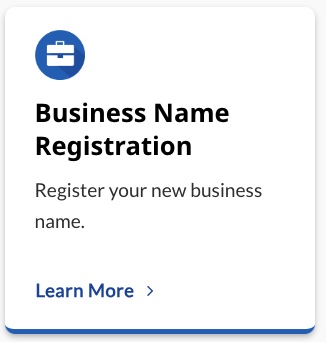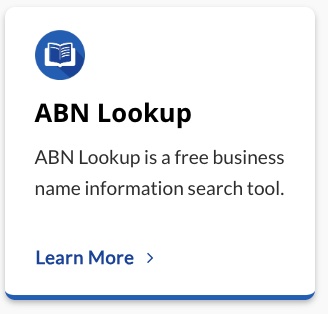Navigating the Journey of Starting a New Business in Australia
Grabbing the reins of entrepreneurship and setting sail on your business venture might appear daunting to some. Embarking on this journey requires careful navigation and precise decision-making. With that said, starting a new business in Australia can be less intimidating if you know the basic stepping stones. Here’s a guide for potential business aspirants in Australia, to make things a bit smoother:
1. Identifying the Business Idea
Everything starts with an idea. The magic begins when you convert that idea into an actionable plan. Make sure that your idea is unique or if it’s not, then ensure it’s better than what is already there in the market. Always remember, a strong business idea is one that solves a problem or meets a need in the community.
2. Constructing a Business Plan
A business plan is the blueprint of your business journey. It presents a detailed overview of your business goals and how you intend to achieve them. This plan should also include your target market, competition, budgeting, and marketing strategies.
3. Choosing the Business Structure
The business structure you decide upon will determine your responsibilities as a business owner. It can range from sole trader (when you’re the only person who owns and manages the business) to partnership (when you and others share the ownership and management), or company (a separate legal entity).
4. Registering your Business
Registration can make your business a reality. You can register a new Australian business name at [register.biz.au](https://register.biz.au). This step helps to make your business legally recognized. You’ll need to provide various details like your chosen business name, details of the business owners, and the type of company structure you’ve chosen.
5. Opening a Business Bank Account
Having a separate bank account for your business is not just practical— it’s also a legal requirement for certain types of businesses. Opening a business bank account helps to differentiate your personal assets from that of your business, making tax time and financial management easier.
6. Understanding the Legal Essentials
Knowing your obligations and responsibilities is crucial to avoid business pitfalls. Keep in mind the rules about business licenses, permits, insurances and certifications.
7. Setting Up the Accounting System
Setting up an efficient accounting system can help manage your cash flow better, make strategic decisions, and ensure you comply with your tax obligations.
8. Creating a Supportive Team
If you plan on hiring employees, make sure to aim for a versatile team. From accountants to marketing specialists, your team will be the backbone of your business adding value and driving success.
9. Promoting your Business
Lastly, you need to make your prospective customers aware of your business. Create a buzz and spread the word. You may also want to consider setting up a website or make your presence known on social media platforms.
Remember, every successful business was once a startup. It might seem overwhelming, but with the right steps, you are setting
Register your new business name at register.biz.au


